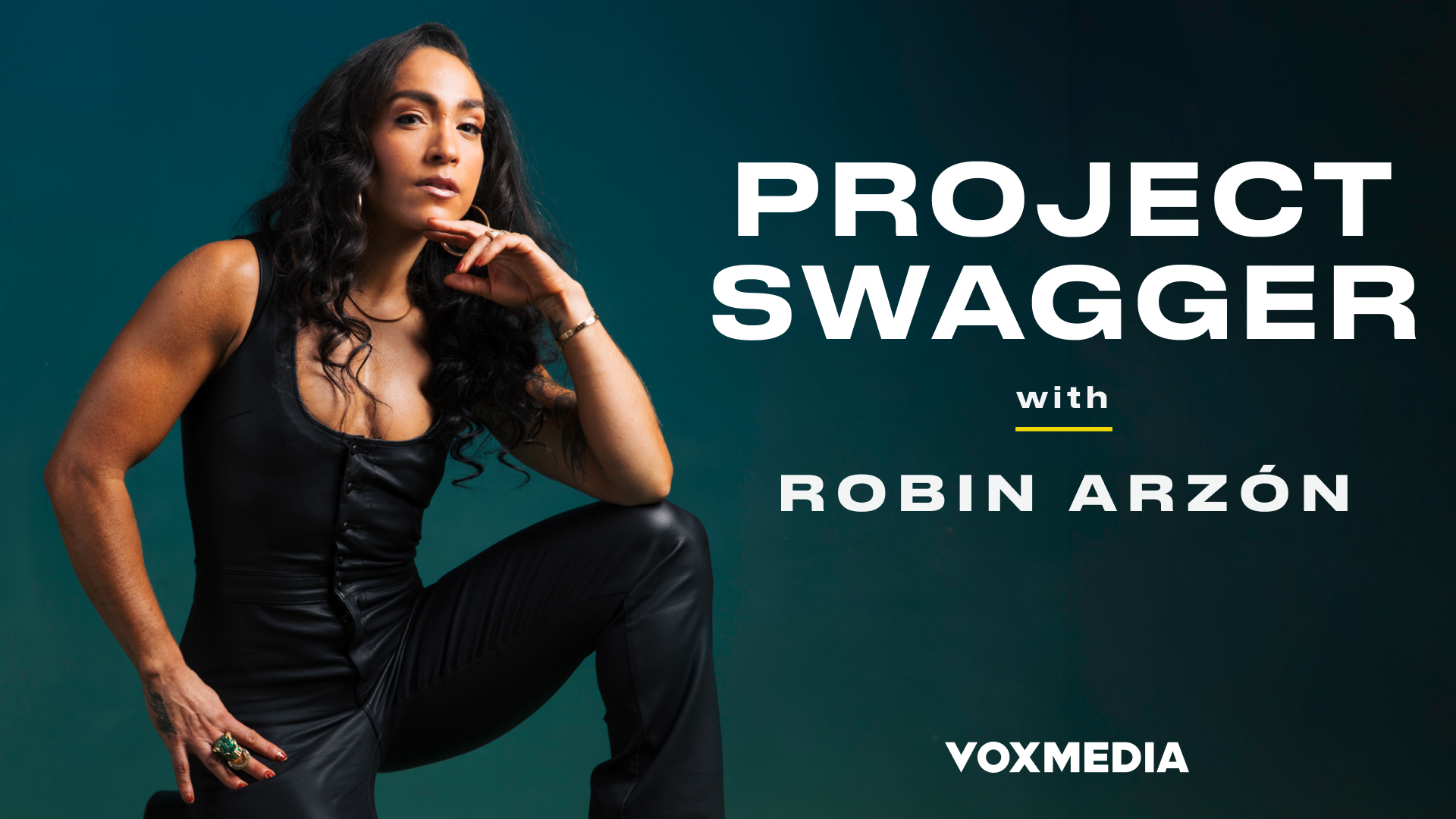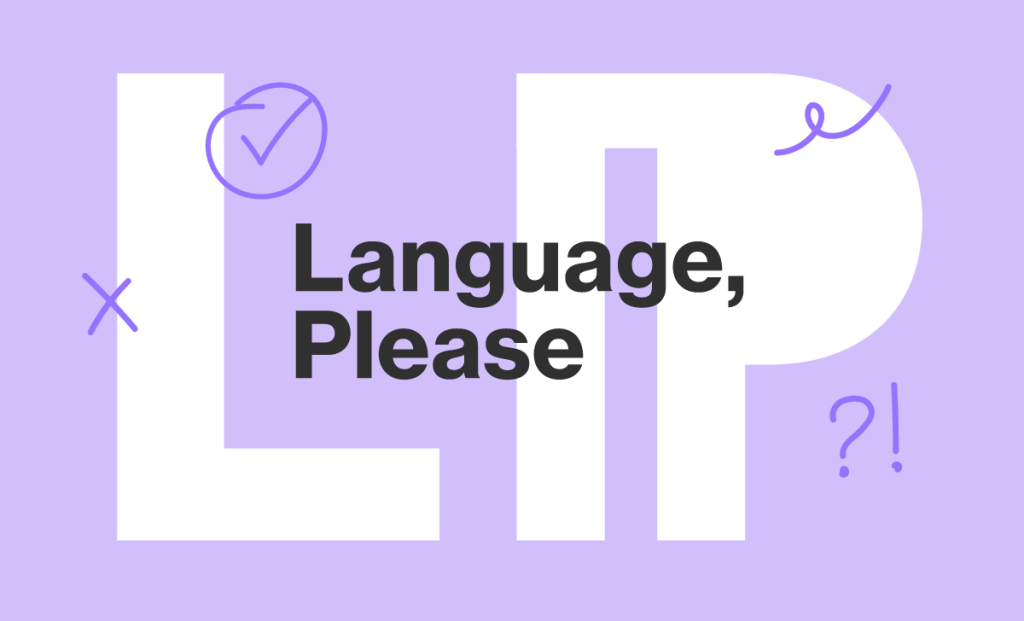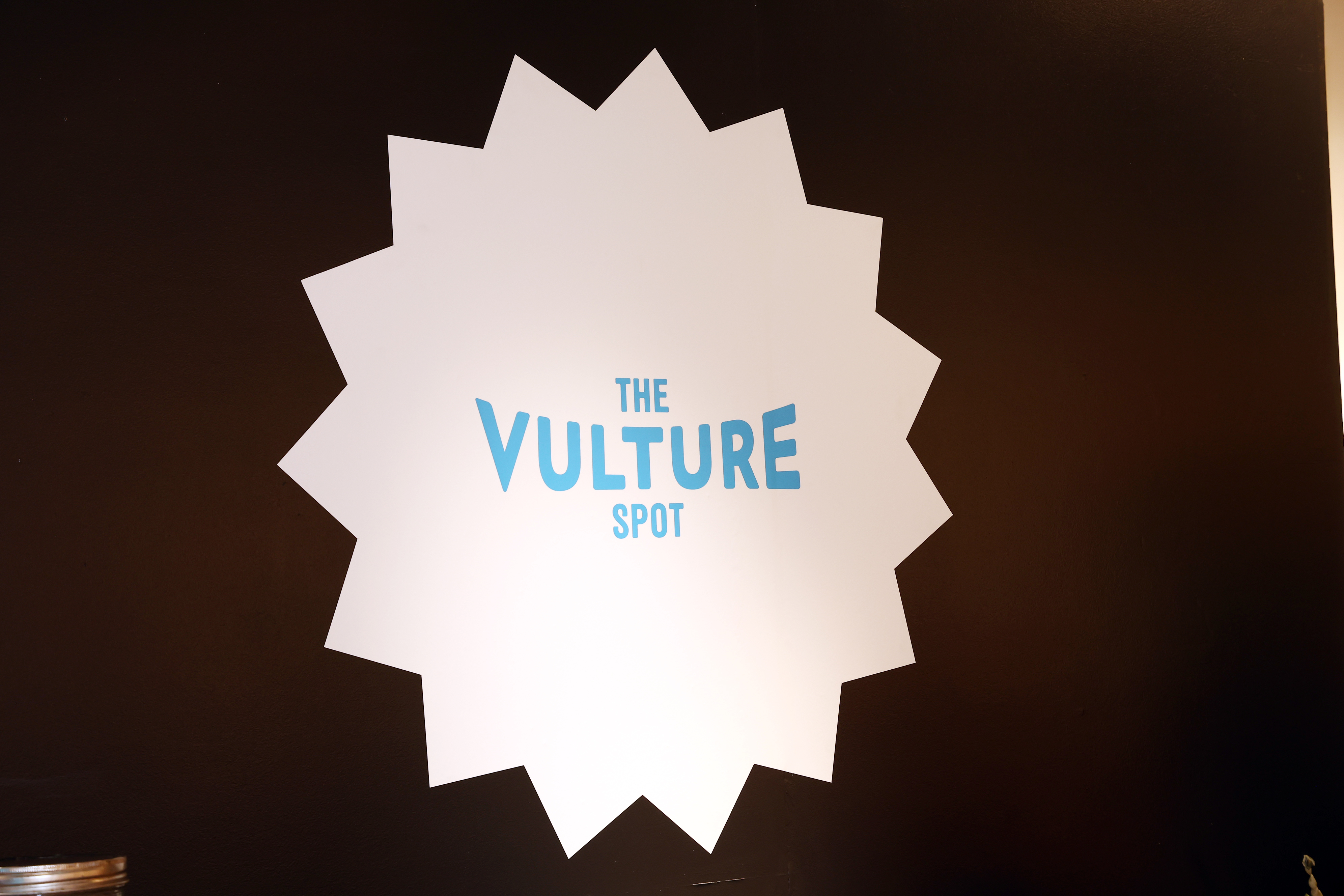Today, Vox Media wrapped its 20th annual Code Conference at the Ritz-Carlton Laguna Niguel in Dana Point, California. Co-hosted by The Verge’s editor-in-chief Nilay Patel, Platformer News founder Casey Newton, and CNBC senior media and tech reporter Julia Boorstin, the exclusive invite-only event featured compelling discussions and breaking news on tech’s most pressing topics.
For two decades, Code has gathered industry leaders for hard-hitting conversations about the most important topics shaping the future of tech and business.
Speakers included some of the most influential voices shaping technology, including X/Twitter CEO Linda Yaccarino, Microsoft CTO Kevin Scott, Warner Music Group CEO Robert Kyncl, HBO and Max Content Chairman & CEO Casey Bloys, Bumble Founder & CEO Whitney Wolfe Herd, CEO of Getty Images, Craig Peters, Founder, Chairman, & CEO of Allen Media Group, Byron Allen and included sessions hosted by voices from across Vox Media including Kara Swisher, The Verge’s Alex Heath, and Recode Media host Peter Kafka.
In addition to the highlights below, several exclusive announcements were made at the conference.
- Vox Media’s President, Revenue & Growth, Ryan Pauley opened the day by announcing that SB Nation has partnered with NBA Stars Andre Igoudala and Evan Turner to bring their podcast Point Forward to Vox Media’s Podcast Network.
- Mattel announced a new version of Pictionary – the original quickdraw game – with Pictionary® Vs. AI, the first-ever board game to integrate AI technology into its classic gameplay. In this version, all players draw and the AI guesses, taking the drawing game that fans know and love to new heights.
- HBO’s Casey Bloys exclusively revealed the teaser for True Detective: Night Country starring Jodie Foster and Kali Reis. Premiering January 14 on Max, True Detective follows eight men who operate the Tsalal Arctic Research Station and vanish without a trace.
- Adobe’s Ashley Stills announced that Photoshop is now available as a web application.
Highlights from Day 1: September 26
Robert Kyncl, CEO, Warner Music Group on artists using AI to generate music:
“You have to embrace technology. We need to approach AI with the same thoughtfulness and we have to make sure that artists have a choice, that those who don’t want to participate are protected and the ones who do benefit.”
On the current cost of music subscriptions:
“For $20 you get Netflix for the whole family. I think if you think about $20 going to the entire family getting all the world’s music ever made in the past and in the future, it’s an incredible deal. And if you have four people in your family, that’s not that much money per person. I think there’s a lot of value. . . .I think you can pay more. The price elasticity is generally high around it.”
AMD CEO Dr. Lisa Su on the development of the chip market throughout the years:
“I think the last few years, especially with the pandemic-driven demand and everything that we’re doing with AI, I think people now are really focused on semiconductors. I think there has been a tremendous cycle. . . . And particularly for us (AMD), what we’re focused on are the most complex, the highest performance, the leading edge of semiconductors. I would say that there’s been tremendous growth in the market.”
On AMD Stern’s newest chip, MI300:
“We do have a new one coming out. It’s called MI300. There’s no one size fits all as it relates to your chips. There are some that are going to be exceptional for training and there are some that are going to be exceptional for inference, and that depends on how you put it together. What we’ve done with MI300 is we’ve built an exceptional product for inference, especially large range of inference.”
Roblox’s Founder & CEO David Baszucki on the company’s recent layoffs, which impacted their hiring team:
“We actually are continuing to hire. We’ve never done layoffs. One thing I think you can see, though, is probably in Q1 of 2023, we were growing our headcount at 50% a year, which is very rapid and requires a very, very large recruiting team. We’ve committed and we shared the notion that over the next year our bookings is going to grow faster than our headcount so our headcount growth is probably not going to be 50% next year.”
On brand engagement on Roblox, and whether physical shopping may eventually come to the platform:
“We already have hundreds of brands on the platform. I was just seeing the most revised Gucci experience, which is radically amazing. It’s a simulation of their runway show. And in those experiences, there’s both brand recognition, which is maybe harder to measure… there starts to be the acquisition of virtual goods – Gucci purses and those kinds of things – and then ultimately they’ll be at some point – not yet really announced or promised – physical shopping as well. And, you know, that kind of shopping with your friend is a very social fun experience.”
On Roblox’s relationship with China right now:
“Tencent continues to be an amazing partner. We’re being very, very careful in China. The dynamics in China right now have gone to the point where rather than envisioning a fully connected-type network, we have to imagine an autonomous network. We’re, in a sense, modernizing our infrastructure where we can literally print a copy of Roblox in China and bring it to market there.”
Rivian Automotive CEO RJ Scaringe on whether Rivian will offer subscription features in its vehicles:
“We’re certainly planning that in future products. . . .In the consumer space, we have a philosophy we deeply hold as we think about this: we wouldn’t want to charge customers for features that are a binary on / off. . . . We think there’s an opportunity to charge customers where there’s a significant amount of R&D associated with the feature set – and the market’s sort of proven this as well – where you see in the self-driving space where customers are willing to pay more for features that are software-enabled but those software-enabled features are not a binary on / off, they’re hundreds of engineers working around the clock to make a feature set better and better.”
Highlights from Day 2: September 27
X/Twitter CEO Linda Yaccarino on Yoel Roth’s surprise appearance at Code, and comments about why he left the company:
“I do want to address: Yoel and I don’t know each other. He doesn’t know me and I don’t know him. I work at X. He worked at Twitter. X is a new company building a foundation based on free expression and freedom of speech. Twitter at the time was operating on different sets of rules – as said by himself – different philosophies and ideologies that were creeping down the road of censorship. It’s a new day at X and I’ll leave it at that.”
“The velocity of change, the scope of the ambition at X really does not exist anywhere else – forget the other platforms – at any other company likely on earth. There is no analog for the book that is being written right now. So if you look at infrastructure changes – over 100 products shipped since acquisition. Brand safety and moderation tools that didn’t exist. Advertiser products that did not exist that are now wrapped up in brand safety. Third-party verification partners that did not exist. The company that was described about an hour ago no longer exists.”
On whether she would actually want to get rid of a free version of X/Twitter given her background in advertising:
“Why wouldn’t we?. . . .Do you think Elon brought me to the company to be the head of advertising – which I appreciate Kara’s comments that said I’m such a fantastic advertising executive – or do you think he brought me to run the company and to deliver to our users the best possible experience. And one of the biggest struggles I had in my previous career at the other companies I worked for is: I was known as a provocateur. I was called a heretic a couple of times. Because I constantly tried to push legacy media companies to change. To iterate. Why did I do that? I did that to keep up with consumer behavior. And X will become the best, most useful platform to what the consumers want.”
Yoel Roth, Twitter’s former head of trust and safety on why he left the company:
“I’m sure many of us in this room are or were Twitter addicts, and I thought the platform was significant for the future of humanity and democratic deliberation. I also came to realize that there was only so much that one person or a team of people could do at the company in the face of overwhelming pressure to change it. And maybe that pressure would prove to be positive in the long run. But my experience was that it wasn’t and that at a certain point I was taking personal costs for decisions that were made against my advice against my team’s advice and really against common sense.”
HBO’s Casey Bloys on the resolution of the WGA strike and how deals with both the WGA and SAG will affect what HBO makes:
“I don’t want to get into details of the deal … but I will say: I’m happy that everybody appears to be very happy with the deal that they got. And in terms of working with everybody, I want everybody to feel that they’ve gotten a good deal and are ready to get back to work. So that’s what I’m most concerned with. Is it going to be more expensive? Yeah, but again not that I’m going to say, ‘Well, I’m not going to make this show now.’ You know? A good show is a good show is a good show. So that’s usually what I’m concerned about. We’ve been through strikes before. It doesn’t affect the kinds of shows we make.”
On HBO shows appearing on Netflix:
“The question of putting HBO shows on Netflix… I will say I think we’re in a phase now – when I say we’re all, I mean the industry – trying things. But when I think about the history of HBO, the history of television, this idea within the last 10 years that basically windowing of shows goes away and everything lives on a platform. . . .that was the conventional wisdom for the last ten years. That you keep everything in-house. But in the history of television and HBO, syndication – basically selling a show somewhere else – that was like the brass ring. That meant that your show was successful, that it had hit a certain number of seasons, that it would have a life elsewhere.”
On running HBO under three different ownerships and what he thinks about Discovery CEO David Zaslav’s takeover:
“I will say, I think David has done a very good job right sizing… You know, the change that happened partly in the industry, partly right when David took over was it was ‘subs at all cost’ to ‘we’ve got to make money’ and ultimately in any business, you have to figure out… this is great but we’ve got to make money. So I think it was the right tone for for trying to figure out ‘how do we do this in streaming and have it make sense?’
Microsoft CTO Kevin Scott on whether Bing creates an edge in the race against Google Search:
“Look, I think Bing is a very good search engine. It’s the search engine that I use. I was still a Google Search user for a while and it got to the point where the combo of the Edge browser and Bing Search – just because the team is constantly grinding away trying to improve quality – it was more than good enough to be my daily driver. . . . I think we’ve seen growth in market share and I think the only thing that anybody can ask for is: you do high quality product work and you want marketplaces to be fair so you can compete.”
Getty CEO Craig Peters on whether creators of AI tools should be covered by Section 230:
“We believe AI can have constructive benefits for the society as a whole but it needs to account for certain things so we’ve always looked for transparency in trading data. We believe creators and IP owners have the right to decide whether their material is trained on. We believe the creators of these models shouldn’t be covered by something like Section 230. That you should have some skin in the game and take on some liability if you’re creating these things and putting them out there.”
On being in conversations with companies like Microsoft, Google and OpenAI:
“I think we can have different points of view on law but I think one of the things that I hope our model proves is that good quality ingredients in creates a better output. It creates a more socially responsible output. And it creates one that I think businesses will adopt. So yeah, we’re in conversations there. But we aren’t going to move off of the fundamental point, which is: we believe if you’re an IP owner, you should have the right to decide whether your content’s used in training and you should be compensated for that right.
Allen Media Group Founder, Chairman and CEO Byron Allen on raising $10B to purchase ABC Networks, local stations, FX and more:
“Local news matters. Sports matters. That’s the true religion of America. NFL football. We worship it as a country. It’s the highest rated content and takes up 98 of the top 100 television shows of the year. It’s not going anywhere. I’ve invested billions of dollars on a simple notion that we’re always going to want local news and sports and that has been a phenomenal bet for me so far.”
On suing companies to help close the trade deficit between audiences:
So when I sued the cable industry for $70 billion, when I sued them for $40 billion, or whatever it was, … I said, Listen up, guys. Here are the numbers. You are spending $70 billion a year licensing cable networks. Black people, Hispanic people, women, Asians, they get zero. That’s not right. I’m just the first one to call you on it, and I’m the first one to invest millions and millions of dollars to bring balance to the relationship. We have to have balance and guess what? We went all the way to the Supreme Court.”
Praveen Penmetsa, CEO & Co-founder, Monarch Tractor announced a partnership to bring tractors to India:
“I’m super excited to announce that we have just signed a partnership deal with the largest clean energy infrastructure company in India who is going to deploy our tractors in India. At scale as a service so that small farmers who have 2-3 acres can just rent a tractor, use it and return it.”
Artifact (and Instagram) co-founder Mike Krieger announces a new capability for users:
“Two weeks ago, we launched links, the ability of anybody on the platform to take something that may or may not have already been on Artifact and share it. Today, we are launching the ability to post original content.”
Bumble founder & CEO Whitney Wolfe Herd on AI and dating:
“I would think about AI as a supercharger to love and relationships.”
On acquiring, Official, an app aimed at helping couples strengthen their relationship:
“It really captures that early life cycle of a relationship and checks in. It’s a companion for relationship health and AI is going to be huge here. Really candidly, it’s helping you have a more communicative, open, transparent, healthy relationship, and those first several months and first years are absolutely critical to the longevity and the health of those relationships. So why would we lose our dating app audience right when they meet?. . . .Our mission is very clear: create a world where relationships are healthy and equitable through kind connections.”
SVP, Creative Product Group & Digital Media Growth, Adobe, Ashley Still announcing Photoshop Web
“We have some exciting news today that Photoshop is actually now available on the Web. I see eyes widening kind of minds blown a little bit, and we’ve been working on this for a number of years, and we now have finished up Web is an application. Everyone that has access to finish up now from within any browser can actually create new content but also open any file.”
This year’s Code Conference featured an AI Studio that will allow guests to engage with the latest in AI and unlock a deeper understanding of artificial intelligence through AI speed dating from Replika, robot-powered manicures from Clockwork, and be the part of the first-ever public demo for Google Starline, a new technology that allows you to communicate in 3D. Guests also got the opportunity to test drive a Polestar 2.



